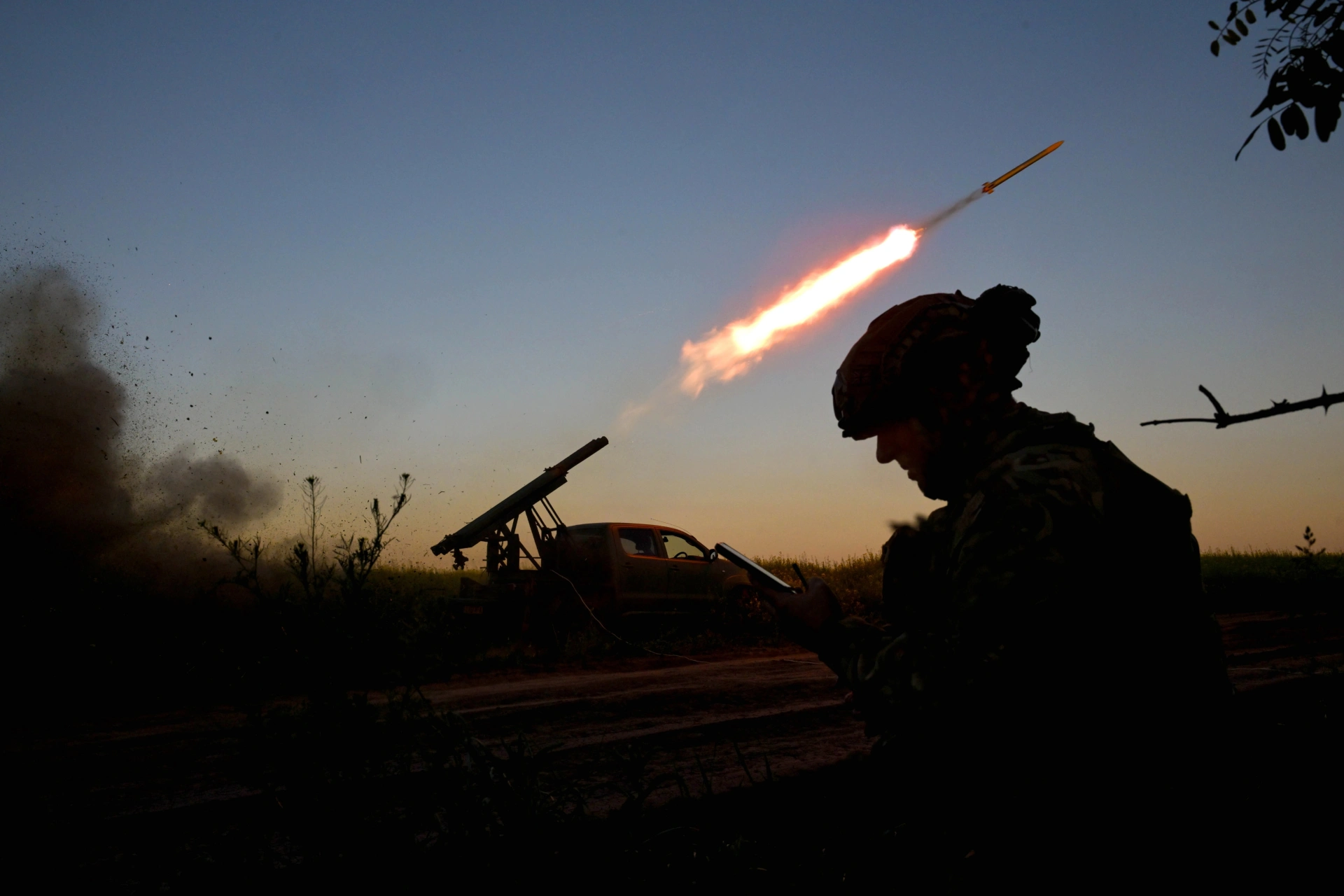Preparing for Sudden Change in North Korea
BY
- Paul B. StaresGeneral John W. Vessey Senior Fellow for Conflict Prevention and Director of the Center for Preventive Action
- Joel S. WitAdjunct Senior Research Fellow, Weatherhead East Asia Institute, Columbia University, and Visiting Fellow, U.S.-Korea Institute at the Johns Hopkins School of Advanced International Studies
Overview
North Korea poses difficult challenges for U.S. foreign policy. It possesses nuclear weapons and missiles to deliver them, and despite some progress, it is by no means clear that the ongoing six-party talks will be able to reveal the full extent of the country’s nuclear activities, much less persuade Pyongyang to give them up.
The United States maintains tens of thousands of forces on the Korean peninsula in support of its commitments to the Republic of Korea (South Korea), a country with which the North is still technically at war. And the peninsula sits in a strategically vital region, where the United States, China, Russia, Japan, and South Korea all have important interests at stake.
All of this puts a premium on close attention to and knowledge of developments in North Korea. Unfortunately, Kim Jong-Il’s government is perhaps the world’s most difficult to read or even see. This Council Special Report, commissioned by CFR’s Center for Preventive Action and authored by Paul B. Stares and Joel S. Wit, focuses on how to manage one of the central unknowns: the prospect of a change in North Korea’s leadership. The report examines three scenarios: managed succession, in which the top post transitions smoothly; contested succession, in which government officials or factions fight for power after Kim’s demise; and failed succession, in which a new government cannot cement its legitimacy, possibly leading to North Korea’s collapse. The authors consider the challenges that these scenarios would pose--ranging from securing Pyongyang’s nuclear arsenal to providing humanitarian assistance--and analyze the interests of the United States and others. They then provide recommendations for U.S. policy. In particular, they urge Washington to bolster its contingency planning and capabilities in cooperation with South Korea, Japan, and others, and to build a dialogue with China that could address each side’s concerns.
With Kim Jong-Il’s health uncertain and with a new president in the United States, this report could not be more timely. And with all the issues at stake on the Korean peninsula, the subject could not be more important. Preparing for Sudden Change in North Korea is a thoughtful work that provides valuable insights for managing a scenario sure to arise in the coming months or years.





